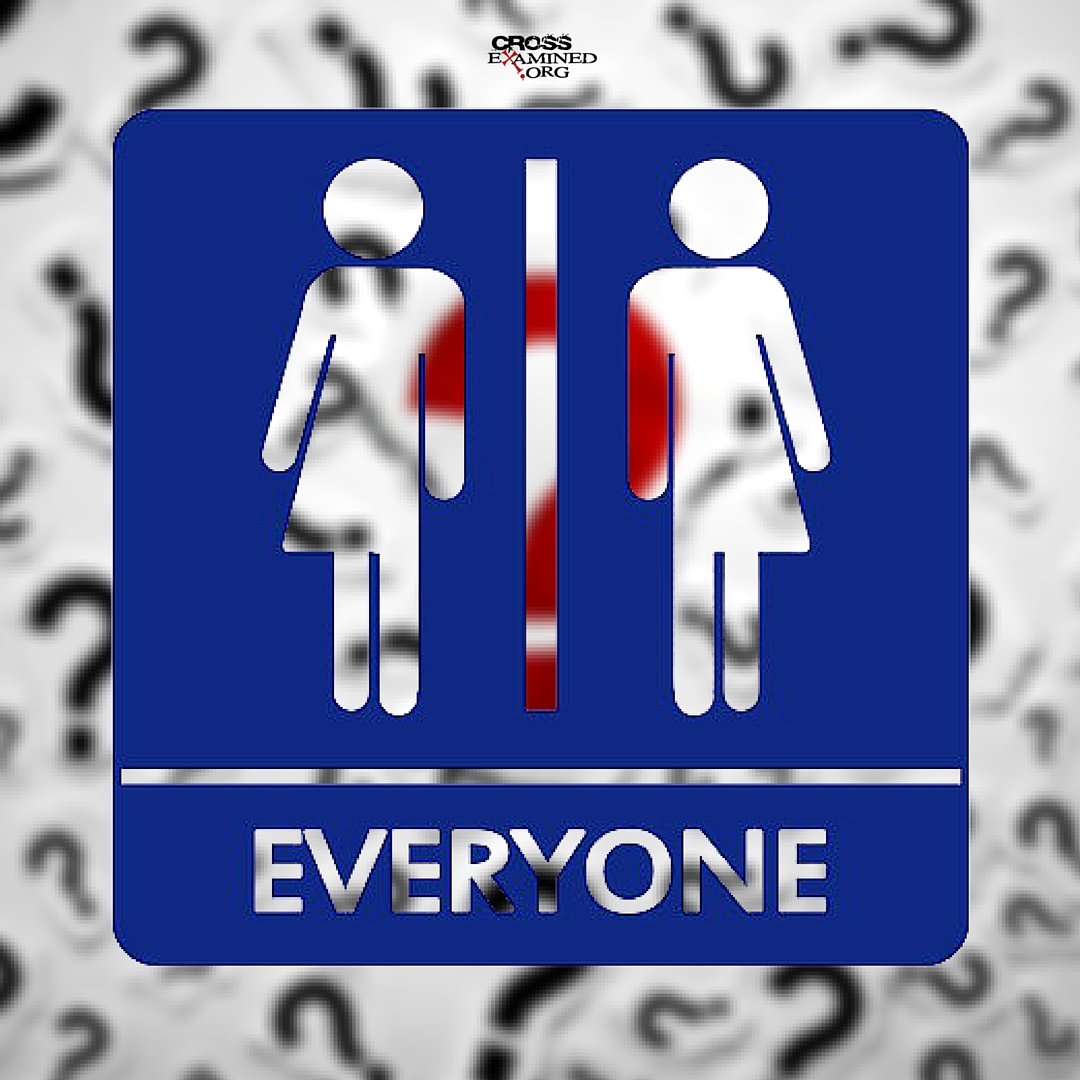Do Ideas Have Consequences? Indeed They Do!
In 1948 an English professor at the University of Chicago penned a book whose main idea resonates well into the modern world and into today’s news headlines. The professor was Richard Weaver and his book was Ideas Have Consequences.
The main thesis of Weaver’s book is that philosophy undergirds all of society. What we believe about reality matters. What we say or think is real matters. Language, and how we use it is important.
In 1948 many intellectuals in Europe and America were left dumbfounded as to how such atrocities could have been committed by Germany in WWII. In the 1930’s, Germany was one of THE most literate nations in the world, so it wasn’t that Germans were ill-informed or unintelligent. After all, Germany had produced such brilliant musical luminaries as Bach, Beethoven, Mozart, and hugely influential philosophers like Hegel, Kant, etc…
The problem, as Weaver saw it, wasn’t literacy or education per se, it was the KIND of philosophy that was informing the German view of reality.
Weaver believed that the root problem was the philosophy of nominalism. What is nominalism?
‘Nominalism’ as defined by Weaver, “denies that universals [i.e terms like man, woman, tree, house, etc…] have a real existence.”[1]
But someone may say, “So what? What’s the problem?”
As Weaver put it, “The issue ultimately involved is whether there is a source of truth higher than, and independent of, man; and the answer to the question is decisive for one’s view of the nature and destiny of humankind.”[2]
To put this simply – do we get to define things any way we want? Are words and language to be used merely for our convenience? OR is there a source of truth higher than and independent of man?
In a recent article in Slate.com by Christin Scarlett Milloy, this question has taken a radical new turn. In the article titled, ‘Don’t Let the Doctor Do this to Your Newborn,’ Milloy argues that one of the most damaging things new parents can do is to assign a gender to your newborn. Yep – you read that right!
When a baby is born, for a doctor or a midwife to declare that it is a boy or girl is akin to abuse
Milloy states:
With infant gender assignment, in a single moment your baby’s life is instantly and brutally reduced from such infinite potentials down to one concrete set of expectations and stereotypes, and any behavioral deviation from that will be severely punished—both intentionally through bigotry, and unintentionally through ignorance.
Throughout the article, Milloy cites the emotional, psychological and mental trauma that many transgender people suffer from.
It is a fact that in the transgender community there is a high rate of suicide and depression. But, could it be that they are depressed because they are confused about who they are, or perhaps they’ve suffered some other sort of psychological or physical abuse earlier in their lives? The answer is yes and according to Milloy and it’s not what you think. Milloy says that the psychological abuse that transgender people have suffered earlier in their lives is this – “They’re not miserable because they’re transgender, they’re miserable as the result of being assigned the wrong gender at birth.”
Let’s be graphically clear about this! If a baby is born with all of the biological parts of a male (testicles & penis) or another baby born with all of the biological components of a female (ovaries & vagina), then according to Milloy it is WRONG for anyone to say that they are a boy or girl. The terms, boy, girl, don’t actually correspond to reality, because the reality is what we make it.
Let’s go back to Richard Weaver in 1948. He writes:
The denial of universals carries with it the denial of everything transcending experience. The denial of everything transcending experience means inevitably – though ways are found to hedge on this – the denial of truth. With the denial of objective truth there is no escape from the relativism of ‘man is the measure of all things.’[3]
If a man is the ‘measure’ of all things, then who gets to decide what is what? Society? Religion? The State? Is truth whatever I say it is, or does truth correspond to reality?
In Matthew 19:4 Jesus reminds his listeners, “Have you not read that He who created them from the beginning made them male and female.”
The Bible makes it very clear that the Creator designed men and women to be different yet complementary. But, we don’t even need the Bible to tell us that, we also have biology. We ARE different.
In his excellent new book, On the Meaning of Sex, professor J. Budziszewski highlights design in the broadest sense, as a way to think about sex, sexual identity, gender etc…
We human beings really do have a design, and I mean that in the broadest sense; not merely mechanical design (this part goes here, that part goes there), but what kind of being we are. Because design is not merely biological, but also emotional, intellectual, spiritual, the languages of natural law, natural designs, natural meanings, and natural purposes, are intertranslatable, and most of the time interchangeable. Some ways of living comport with our design. Others don’t.[4]
We don’t get to define our body parts and organs any way we desire. If we did and we violate their purpose then we would get very sick or even die.
In his book, Budziszewski uses the human lung as an example of biological purposeful and functional design. We can call a lung an “eye” or a “heart” or a “kidney” if we desire, but merely “calling” it those things will not change how it functions. The purpose of a lung, for instance, is to oxygenate the blood. To properly do that, the lungs need oxygen. But if we violate our lungs by inhaling carbon monoxide or other harmful gasses then we will suffer the consequences.
According to Budziewski,
We can ascertain the purposes of other features of our design in the same way. The purpose of the eyes is to see, the purpose of the heart is to pump blood, the purpose of the thumb is to oppose the fingers as to grasp…and so on. If we can ascertain the meanings and purposes of all those other powers, there is no reason to think that we cannot ascertain the meanings and purposes of sexual powers. Natural function and personal meaning are not alien to each other. They are connected.[5]
There is, after all, a connection between reason (logic) and reality. Reality is ordered, not chaotic. Philosophy professor, Peter Kreeft says that
“Logic and social change are not unrelated (Logic is not unrelated to anything). Our society no longer thinks about the fundamental metaphysical question of ‘what’ something is, the question of the nature of a thing. Instead, we think about how we feel about things, how we can use them, how they work, how we can change them….” [6]
How have we come to this place in our culture where we would even need to discuss such things? The short answer is because ideas indeed have consequences. Where do we begin to rebuild? This is a difficult question to answer, but perhaps Budziszewski is right when he says, “It is too late to repair everything, but it is not too late to repair something and it is never too late to repent.”[7]
Perhaps we should begin by repenting.
[1] Richard Weaver, Ideas Have Consequences (Chicago & London: The University of Chicago Press,
[2] Ibid.
[3] Ibid., 4.
[4] J. Budziszewski On the Meaning of Sex, (Wilmington, DE: Intercollegiate Studies Institute, 2012), p. 21.
[5] Ibid., 22.
[6] Peter Kreeft, “Clashing Symbols: The Loss of Aristotelian Logic & the Social, Moral & Sexual Consequences,” November/December 2012, Touchstone, p.35-40
[7] Budzisewki, p. 21











Leave a Reply
Want to join the discussion?Feel free to contribute!